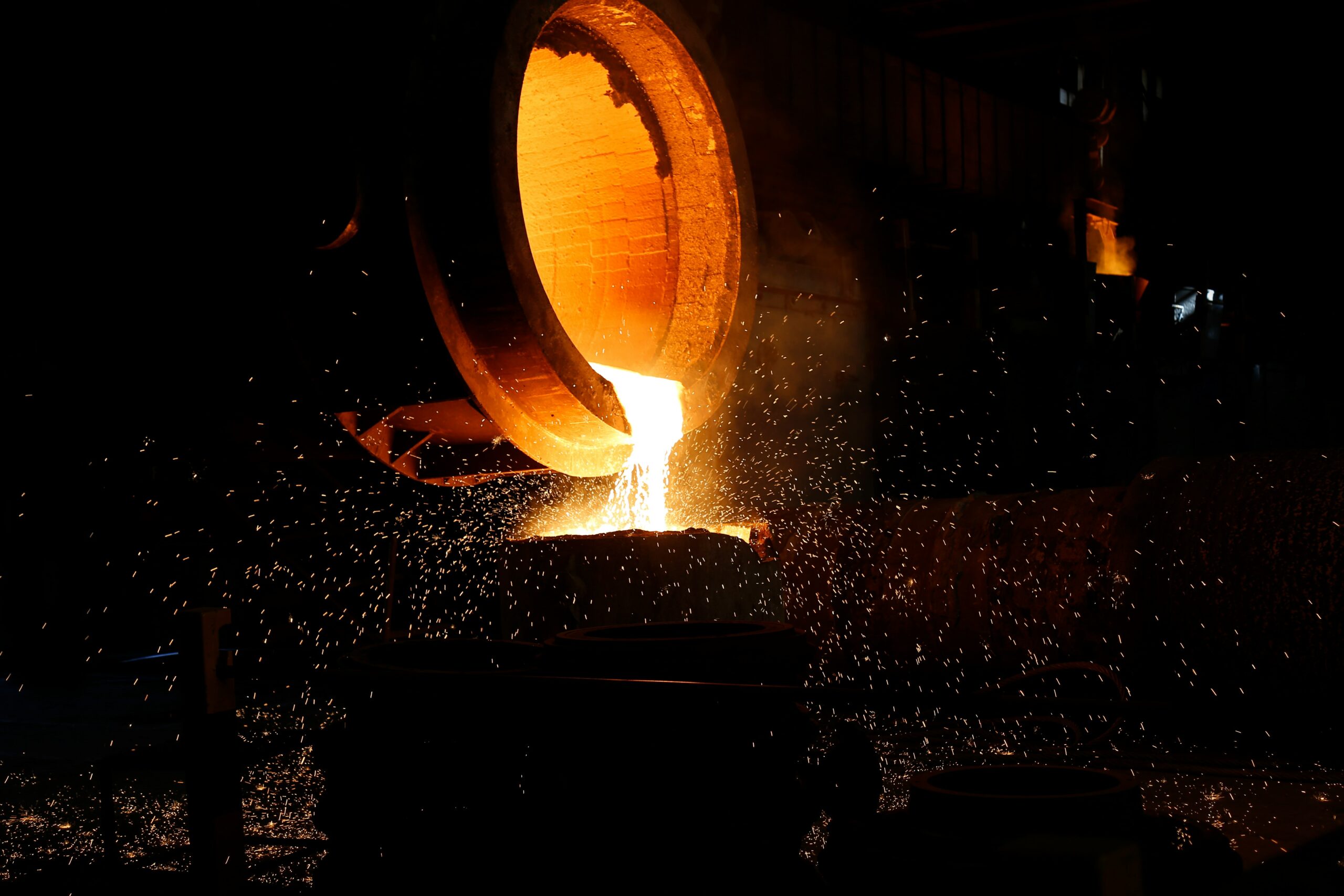
Nippon Steel, the fourth largest steel producer in the world*, has improved its climate policy engagement disclosures and announced additional investment in electric arc furnaces (EAFs) in 2025.
In April 2025, Nippon Steel published its policy position, stating: ‘In order to realize the neutrality objectives, we will make use of every opportunity to make various proposals regarding Japan’s climate change measures and energy policies in line with the Paris Agreement…’ At the same time, the company published its first review of trade associations. In May 2025, Nippon Steel also announced an investment of ¥868.7 billion to expand EAF steelmaking.
Constructive, in-depth engagement by Climate Action 100+ leads/contributors, supported by additional investors’ and stakeholders’ engagement with Nippon Steel on similar themes, has played a central role in driving the company’s recent progress.
Constructive and in-depth Climate Action 100+ investor engagement
Climate Action 100+ engagement with Nippon Steel started in 2019. Following the Japanese government’s announcement of the national 2050 carbon neutrality commitment in 2020, the company published its 2050 carbon neutrality commitment and 2030 GHG reduction targets in March 2021, in its Nippon Steel Carbon Neutral Vision. The Vision included the company’s plan to achieve decarbonization through high-grade steel production in large-sized EAFs, hydrogen injection into blast furnaces, and hydrogen use in direct reduction.
Since the 2021 announcement, the Climate Action 100+ signatories, aiming to reduce the financial risks associated with climate change and the energy transition, have engaged with Nippon Steel to strengthen its climate transition strategy: encouraging the company to refine its GHG reduction targets to cover overseas operations, align its emissions pathway with the Paris Agreement, and increase transparency on its climate policy engagement. On policy engagement, the investors sent a letter outlining their priorities and encouraged Nippon Steel to speak with InfluenceMap to better understand its assessment of climate policy engagement.
The investors have also monitored the company’s progress in decarbonizing steelmaking processes, not only by utilizing existing lower-emission technologies like EAFs, but also by developing breakthrough technologies that support the decarbonization strategies outlined in the Carbon Neutral Vision. In addition to periodic meetings, investors held an in-depth discussion on technology and the enabling environment during an investor-company roundtable, focused on the steel sector in 2023. In 2024, Climate Action 100+ investors visited Nippon Steel’s steelworks in Chiba, Japan, to gain a better understanding of the company’s research and development projects, including pilot programs on new technologies such as hydrogen injection into blast furnaces.
Multiple stakeholders engaging on a common issue
In addition to these engagements supported by the initiative, several European investors and civil society organizations have been engaging with Nippon Steel on decarbonization strategy, target setting, climate governance and policy engagement. At the company’s June 2024 annual general meeting, a shareholder proposal — jointly filed by a European investor and an Australia-based civil society organization — calling for greater transparency on climate policy engagement, received around 27% support. While this 27% was lower than the two-thirds majority required to amend the company’s Articles of Incorporation as proposed, it crystallized significant global and local investor support for improved policy engagement transparency.
2025 progress and next steps
Following these engagements through Climate Action 100+ and other stakeholders, Nippon Steel responded to some of the investor asks in 2025. In March 2025, Nippon Steel held its Green Transformation Briefings, inviting institutional investors, financial institutions, civil society organizations and media to explain its emissions reduction targets and strategies, as well as the progress it had made so far and the challenges it faced. The company also called for support from participants in encouraging steel purchasers to procure lower-emission steel. This meeting was followed by the publication of the policy position and industry association review in April, and the announcement of additional investment into EAFs in May.
Building on this progress, Climate Action 100+ investors will continue to engage with the company on its group-level net zero commitment. Focus areas will include: ensuring expansion of the group’s international operations aligns with its commitments and targets, addressing technical challenges in its decarbonization strategy, supporting green steel market development, and strengthening disclosure on policy engagement.